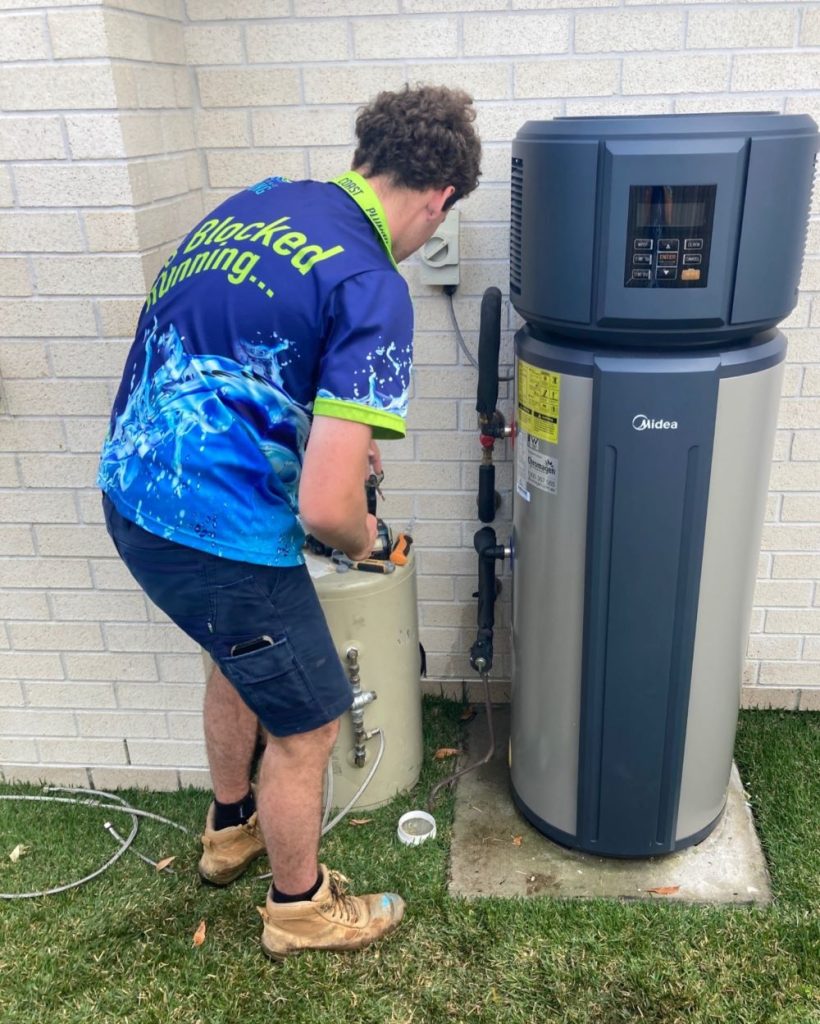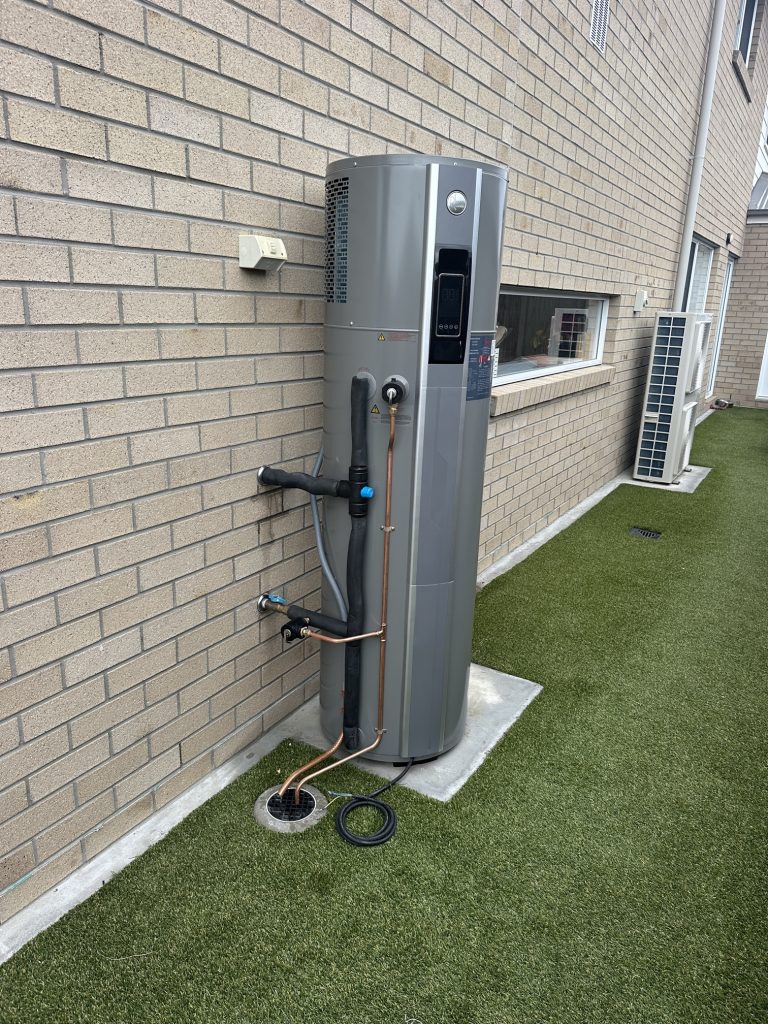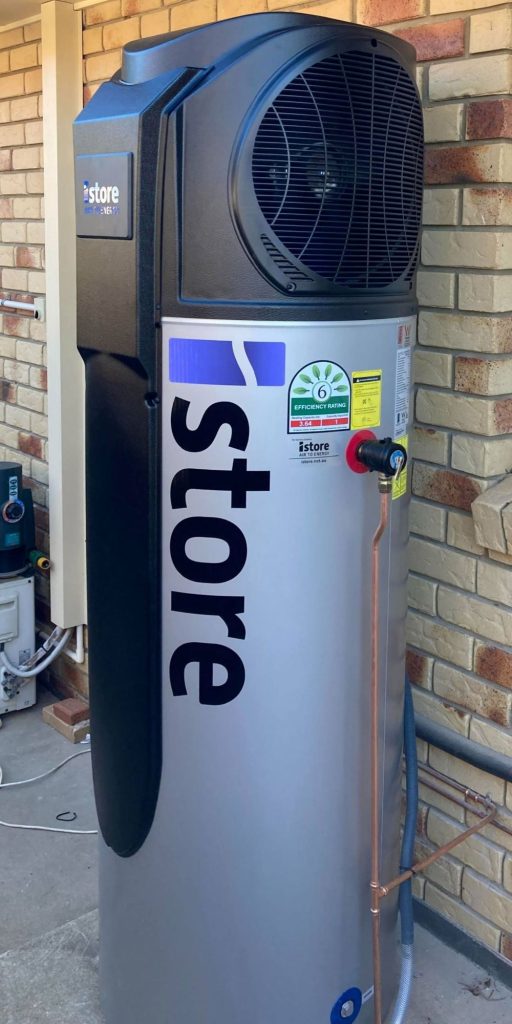Mastering the Unique Challenges of Selecting Hot Water Systems for Queensland's Climate
When it comes to selecting the ideal hot water system for your home in Queensland, the choice involves far more than just picking a brand or assessing the capacity of the unit. It requires a thorough analysis of several critical factors such as the local climate, prevailing humidity conditions, electricity tariffs, and the daily hot water consumption of your household. As energy prices continue to escalate, many households are leaning towards heat pumps due to their superior energy efficiency and eco-friendliness. However, it’s essential to understand that these systems may not be suitable for every property type. A comprehensive evaluation of all relevant elements is essential to ensure optimal performance and longevity of your chosen hot water solution.
This article delves into the operational efficiency of heat pumps in Queensland’s varied weather conditions, highlights which types of properties benefit the most from these modern systems, and dispels common myths that could hinder performance or lead to poor system selections.

Enhancing Heat Pump Efficiency in Coastal Queensland Conditions
Heat pump water heaters function by drawing thermal energy from the air surrounding them, with their efficiency significantly increasing as air temperatures rise. In coastal regions of Queensland, particularly in sought-after areas such as the Sunshine Coast, Brisbane, and the Fraser Coast, average air temperatures usually remain above 5°C even in the winter months. This consistent warmth enables heat pumps to operate efficiently throughout the year without the need for electrical boosting or supplementary heating elements, which are often necessary in cooler climates. By harnessing this natural energy, homeowners can enjoy reduced energy bills and a lower carbon footprint.
Essential Environmental Factors That Enhance Heat Pump Performance
| Factor | Impact on Heat Pump Functionality | Coastal QLD Efficiency |
|---|---|---|
| Average ambient temperature | Higher temperatures lead to more efficient operation | ✓ Consistently maintained above 5°C |
| Humidity levels | Moderate improvements in performance | ✓ Generally high and stable |
| Access to off-peak electricity | Lower operational costs | ✓ Widely accessible in most regions |
| Roof shading | Not a significant factor for performance | ✓ No detrimental impact on system |
| Direct sunlight exposure | Not a necessity for effective operation | ✓ Functions well even in shaded conditions |
Identifying Circumstances Where Heat Pumps May Underperform
While heat pumps offer numerous advantages, there are specific scenarios in Queensland where their performance might not meet expectations:
- Inland or elevated areas
In locations such as Toowoomba or the Hinterland, overnight temperatures can drop significantly during the winter months. In these circumstances, certain heat pump models may find it challenging to maintain optimal efficiency without the assistance of a booster element, which could lead to higher energy consumption and associated costs. - Constrained or poorly ventilated outdoor locations
Heat pumps require adequate airflow around their compressor units to operate efficiently. In tight or enclosed spaces, the efficiency of heat extraction may diminish, and operational noise could increase, potentially causing disturbances for nearby residents. - Large households with high water demand
In homes accommodating more than six occupants, systems designed for enhanced water storage or faster recovery times, such as solar-boosted gas systems, may be more effective in meeting significant hot water requirements efficiently.
Addressing Common Misunderstandings About Heat Pumps in Queensland
“They become ineffective during winter.”
This notion may hold true for colder southern climates; however, it does not apply to Queensland. In regions where average temperatures consistently exceed 5°C, heat pumps retain their efficiency throughout winter, providing dependable hot water solutions even in the cooler months.
“Solar panels are essential for heat pumps to operate.”
This statement is somewhat misleading. Heat pumps can function independently of solar photovoltaic (PV) systems, although integrating them with solar energy can further enhance your energy savings and sustainability.
“Heat pumps are excessively noisy and disruptive.”
Modern heat pump systems are designed to be significantly quieter than older models. When installed correctly in well-ventilated spaces, the noise produced by the compressor unit is typically minimal, resulting in a comfortable living environment.
Effective Strategies for Optimising Heat Pump Installation and Performance in Queensland
- Select a heat pump system designed for Australian conditions
Opt for models that feature high-efficiency ratings and reliable local support, such as istore or Stiebel Eltron, which are renowned for their performance in the Australian climate. - Install in a well-ventilated yet shaded location
While heat pumps do not require direct sunlight, they do need sufficient airflow around the unit to operate efficiently and effectively. - Utilise timers or smart controls
By programming the system to function during periods of solar power generation or off-peak electricity times, you can substantially enhance energy savings and minimise costs. - Ensure proper sizing of your system
A capacity of 250–300 litres is generally adequate for the needs of most families. An undersized system may lead to performance issues and an increased reliance on boosting mechanisms, which can escalate energy usage.
The Crucial Importance of Local Expertise for Successful Heat Pump Installation
The successful installation of a heat pump necessitates a tailored approach to achieve the best results. The most favourable outcomes are obtained by working with a local plumber who has in-depth knowledge of:
- Performance suited to local climate conditions, ensuring maximum efficiency
- Eligibility for rebates such as Small-scale Technology Certificates (STCs) and various Queensland government incentives that encourage energy efficiency
- Optimal positioning and ventilation strategies for the unit to boost performance
- Integration with solar PV systems or battery storage solutions, if applicable, to maximise energy efficiency
At Creek to Coast Plumbing, we specialise in supplying and installing high-performance hot water systems, including heat pumps, across the Sunshine Coast and Moreton Bay regions. Our dedicated team is ready to assist you in determining the type of hot water service that will best meet your needs. As the demand for energy-efficient hot water solutions continues to rise, many individuals are weighing solar options against heat pumps. We will evaluate the unique conditions of your home, recommend the most appropriate system, and ensure you are set up for maximum efficiency.
For further information about our Heat Pump Hot Water Installations or to contact us for a personalised recommendation tailored to your specific requirements.
The Article: Heat Pumps in Queensland: Effective Solutions and Pitfalls first appeared on https://writebuff.com
The Article Heat Pumps in Queensland: Benefits and Challenges Explained Was Found On https://limitsofstrategy.com



